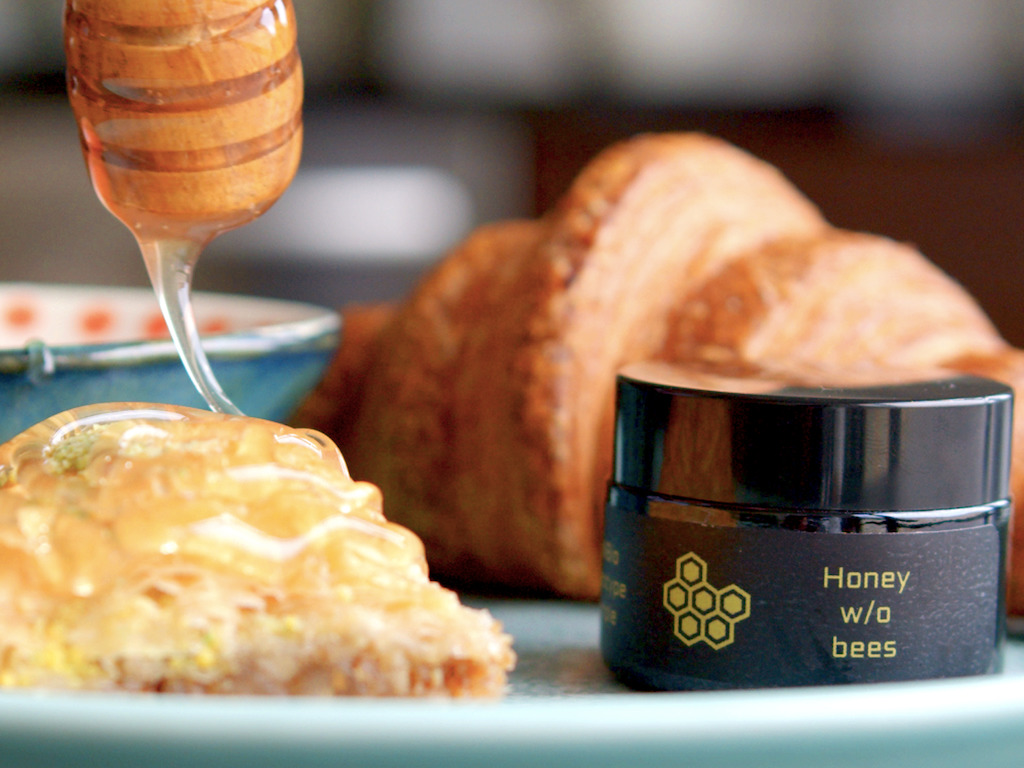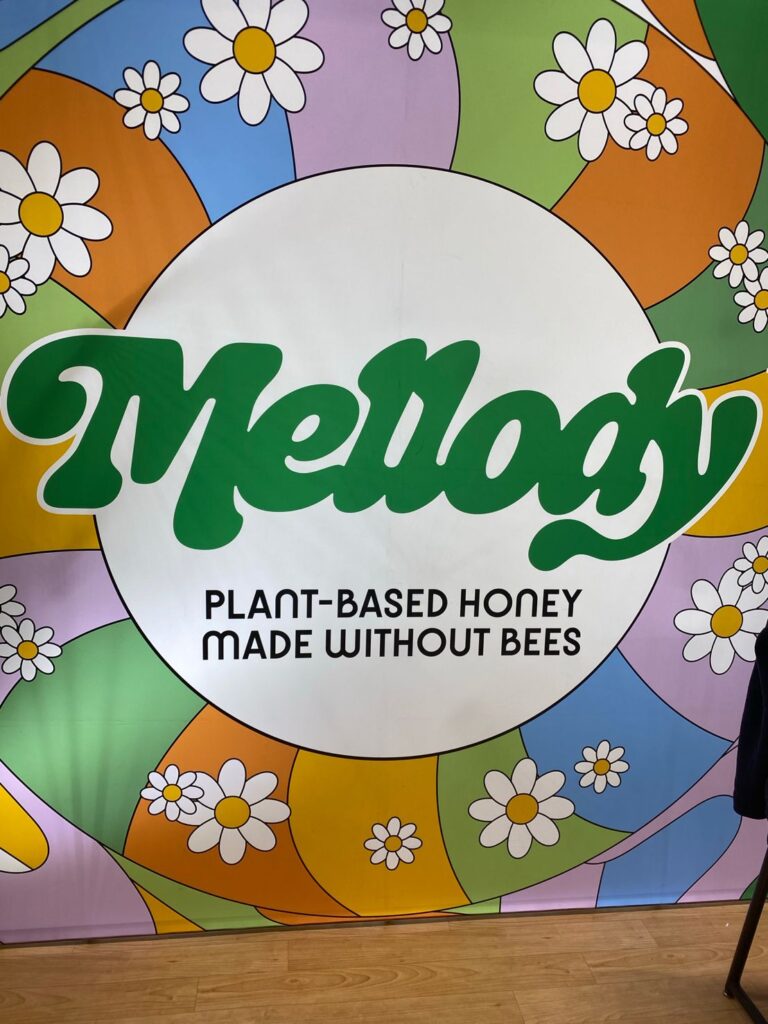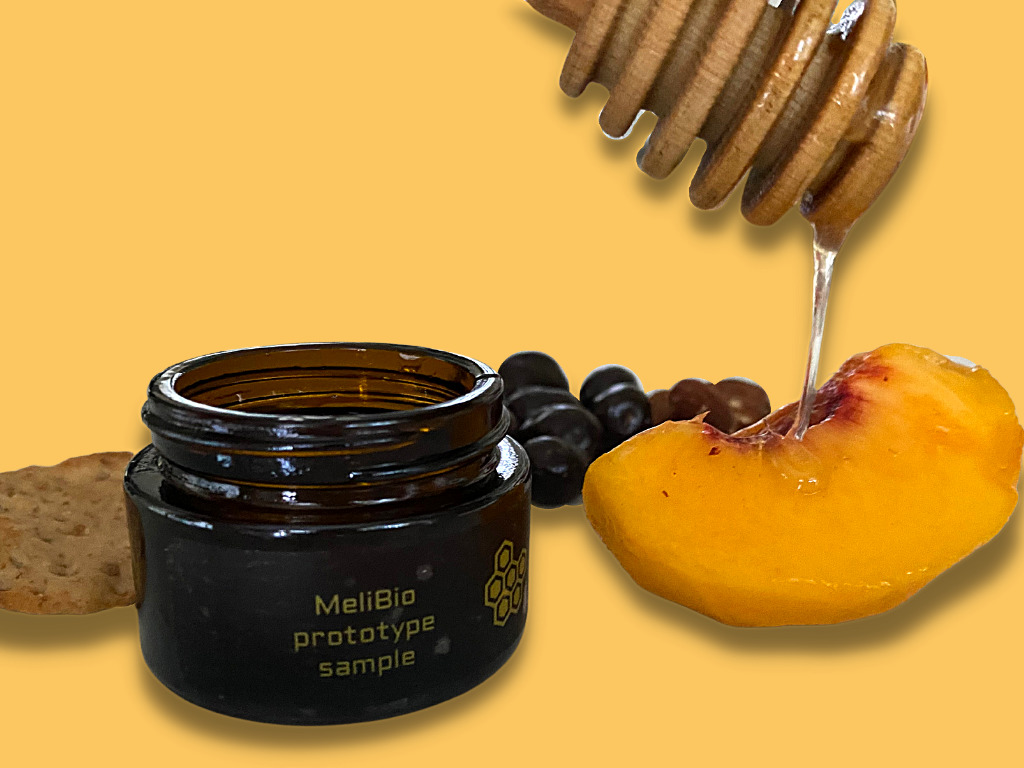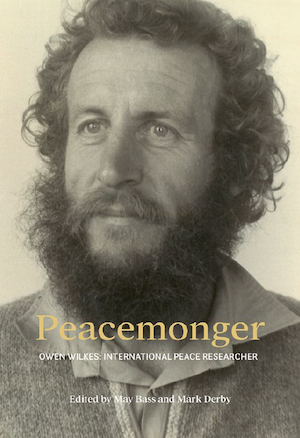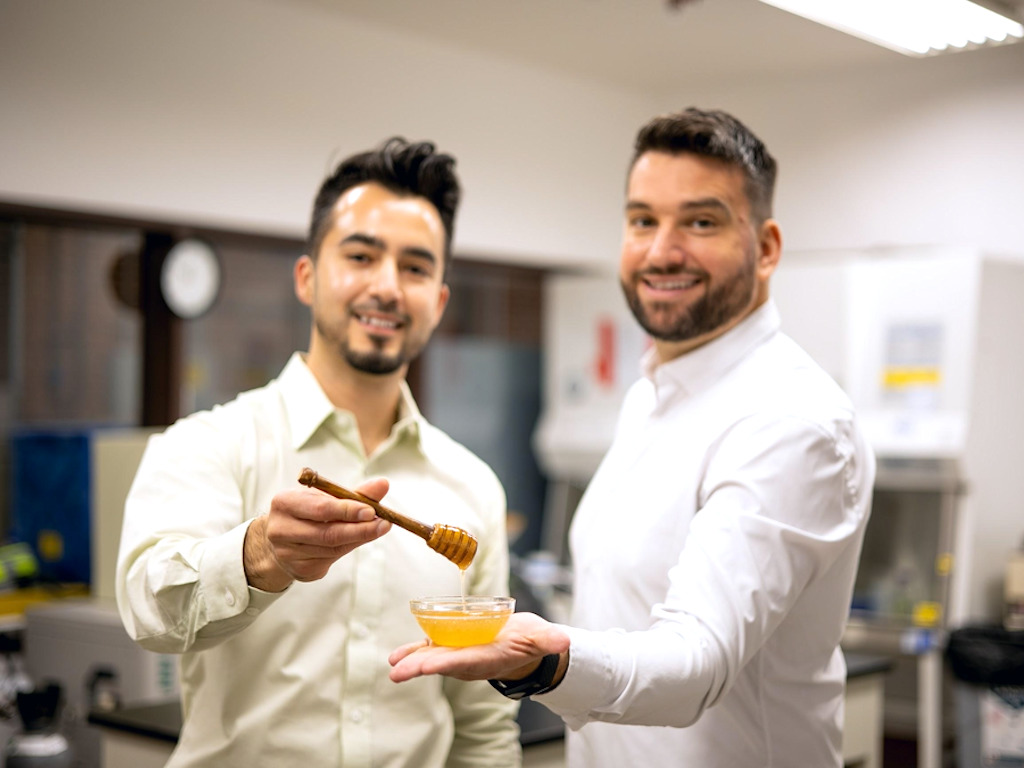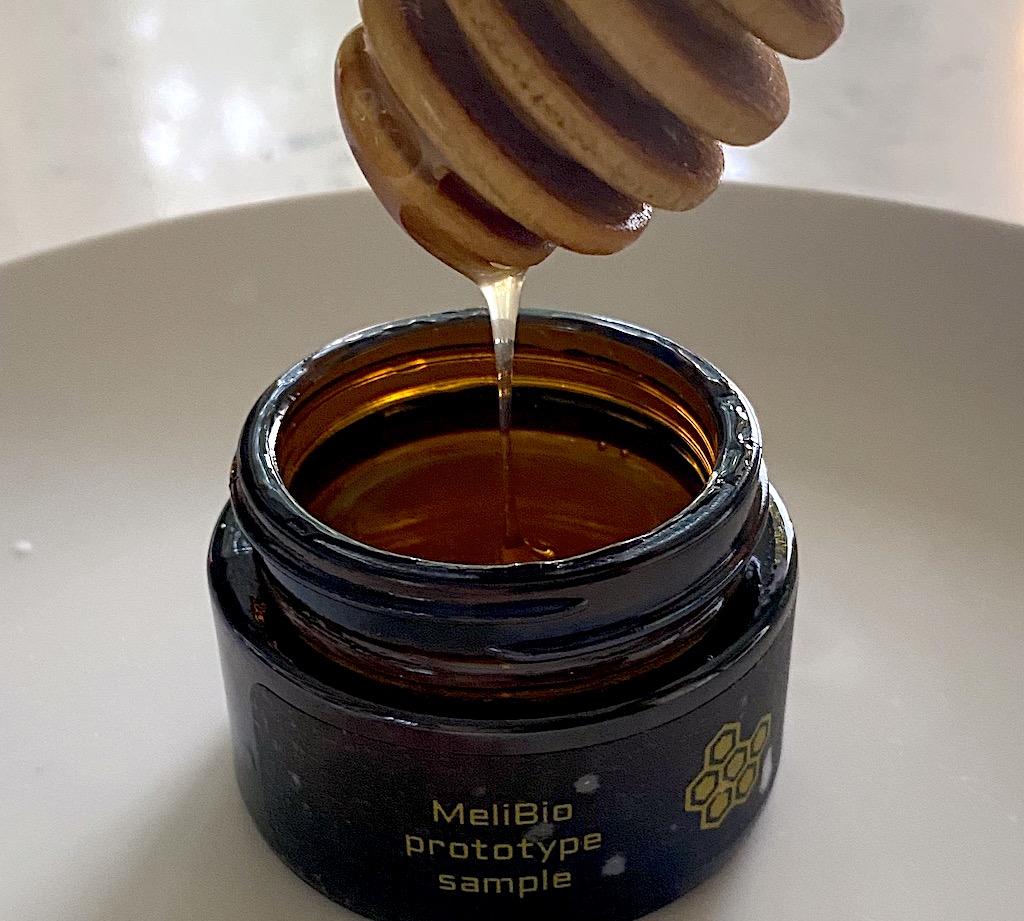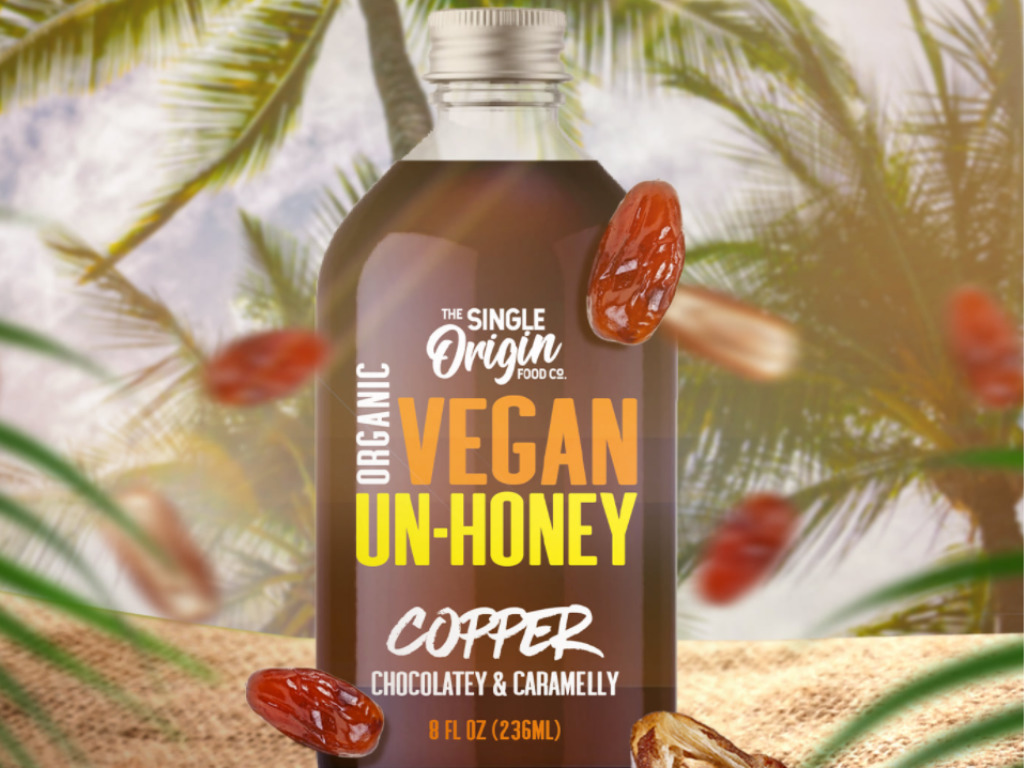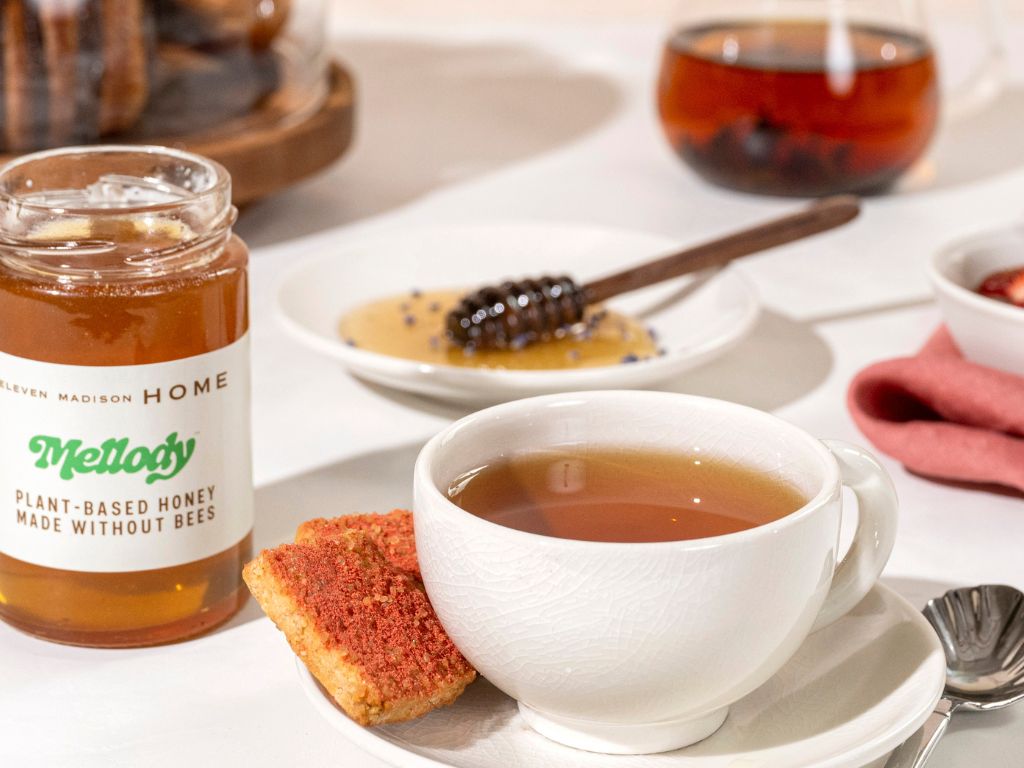
2 Mins Read
Melibio’s Mellody plant-based honey is making its direct-to-consumer debut via chef Daniel Humm’s Eleven Madison Home store in New York City.
Following up from its debut at the Natural Products Expo in Anaheim, Calif., last month, Mellody will be available as part of the Eleven Madison Home’s Tea & Honey box.
Mellody x Eleven Madison
The collection features honey oat shortbread cookies made with Mellody honey, one jar of Mellody plant-based honey, a honey dipper, and three single-origin teas from In Pursuit of Tea: Himalayan Black, Thunderdragon Green, and Elderflower.
The culinary team at Eleven Madison Home is also developing an infused flavor of the Mellody plant-based honey that will be released in the next month as a duo with the original flavor.
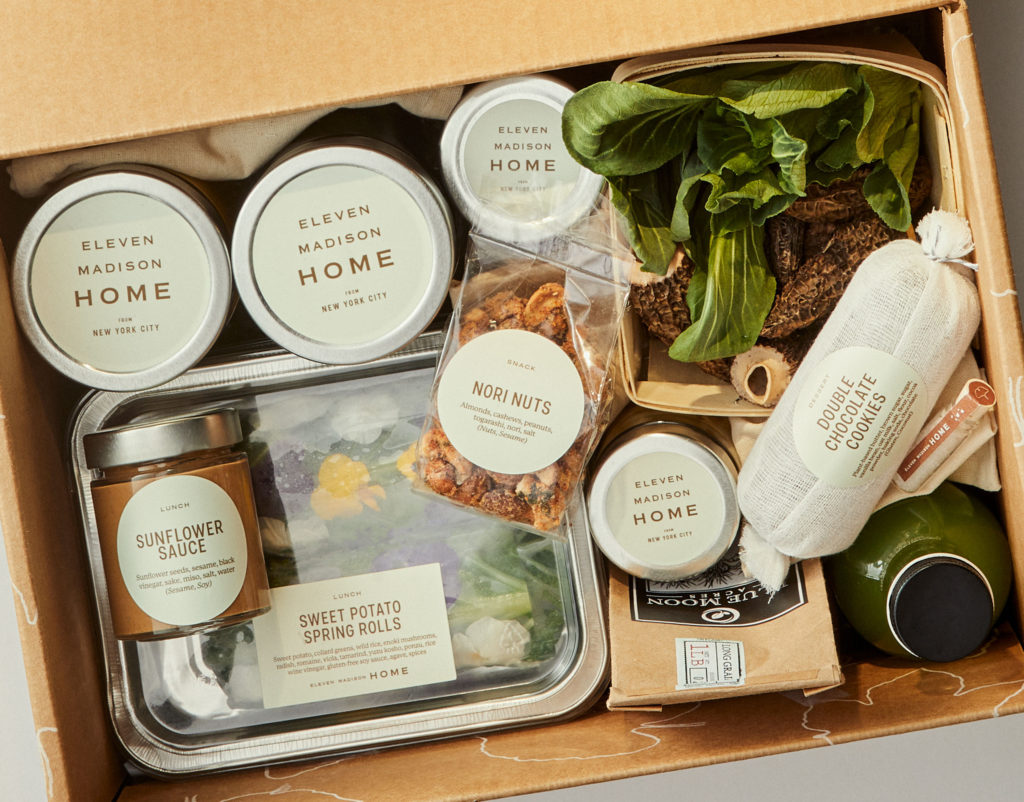
“We were blown away by the quality of Mellody and were excited at the possibilities of how we can incorporate it into our kitchen through recipes and products,” Eleven Madison’s Director of Operations Chef Daniel Distefano, said in a statement.
“A plant-based diet can often be seen as limiting. This product and what we’re doing with Eleven Madison Home goes a long way to discredit that notion,” he said.
Benefits of going bee-free
Melibio created Mellody to provide a vegan alternative to honey but also to help protect the world’s pollinator populations. The company says its plant-based honey addresses critical environmental issues caused by the commercial honey industry.
“Native bees are critical to food production and biodiversity conservation, but they are under increased pressure due to fierce competition from invasive European honey bees,” Melibio says.
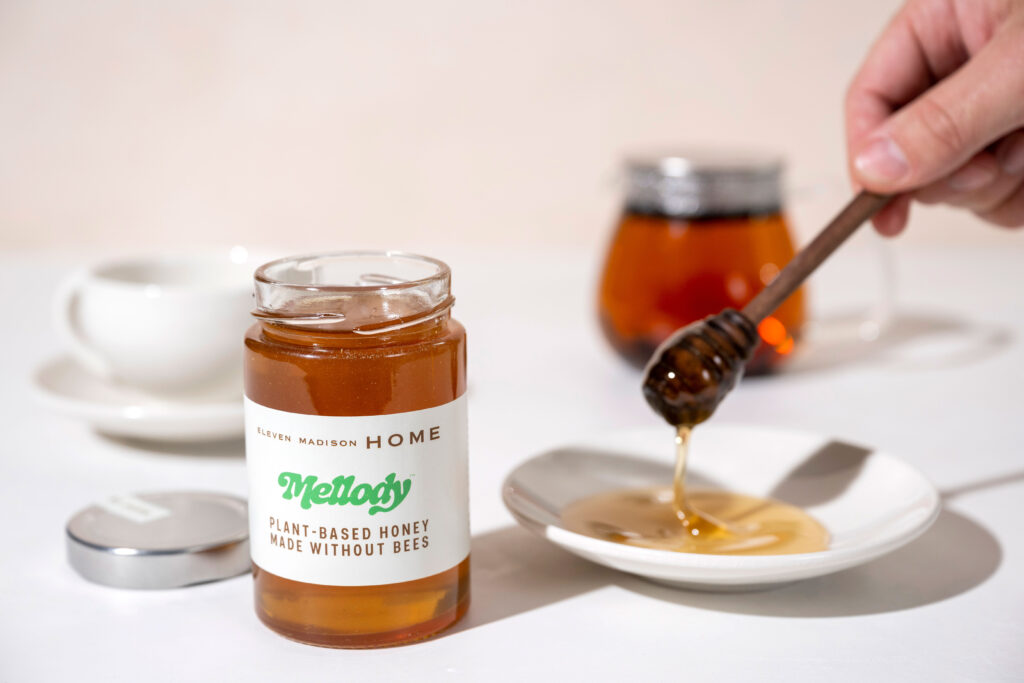
“Many people are unaware of the issues surrounding commercial honey production and its impact on the 4,000 native bees in the US,” said Darko Mandich, co-founder and CEO of MeliBio. “By providing restaurants and consumers with a delicious and sustainable alternative, we hope to help restore ecological harmony and make room for native pollinators.”
Melibio says its Mellody honey is “molecularly identical” to conventional honey, so users experience the same taste, smell, look, and texture that they’re expecting from a honey product. The vegan honey works just like conventional across applications, and is “a vegan’s best friend in terms of sweetener,” Mandich says.
The post Melibio’s Bee-Free Mellody Honey Makes Its Retail Debut at Eleven Madison first appeared on Green Queen.
The post Melibio’s Bee-Free Mellody Honey Makes Its Retail Debut at Eleven Madison appeared first on Green Queen.
